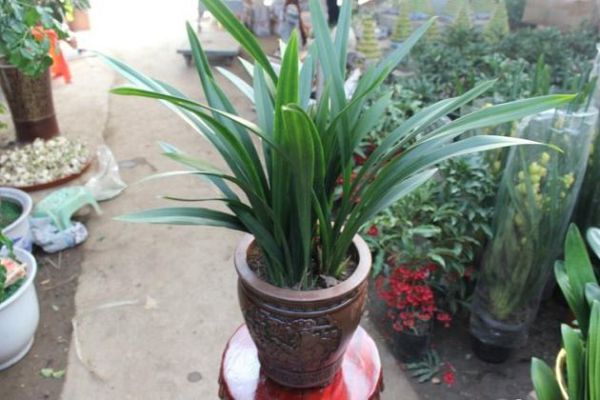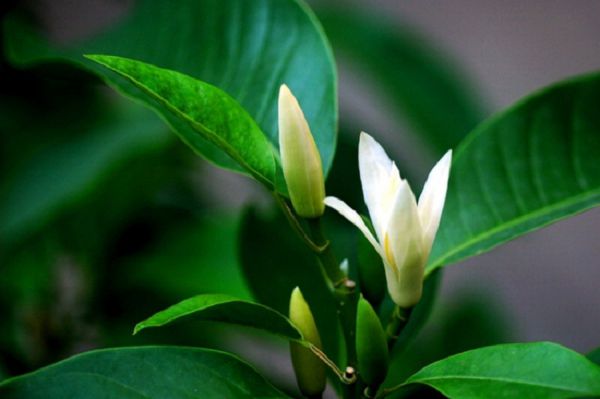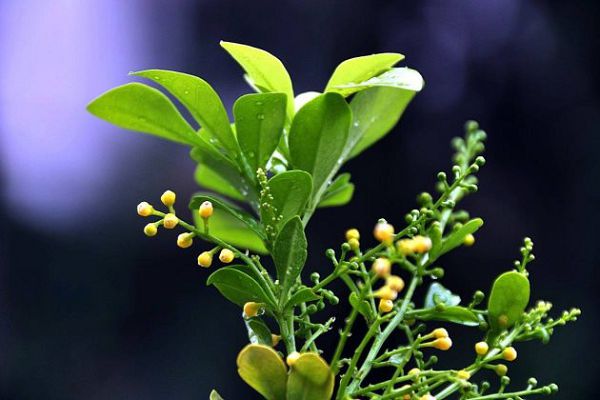How to raise orchids in summer? How to raise orchids best in summer?

With the advent of summer, many flower farming methods will begin to change. On a hot summer day, the growth of orchids is also experiencing the test of muggy heat. There are many kinds of orchids, including Cymbidium, Cymbidium, Jian Orchid, Chunlan, Oncidium and so on. So how can orchids grow well in summer? Today, Hua'ergu is going to analyze the summer culture skills of orchids.
The summer maintenance of orchids needs to pay attention to five aspects, namely, light management, temperature control, watering skills, fertilization methods and pest control. Let's learn it in detail.
1. Lighting management
The temperature in summer is getting higher day by day, and as the temperature increases day by day, the summer sun seems to become stronger. Orchid is a kind of plant that likes shade, and it is more suitable to grow in a ventilated and cool environment. So we must pay attention to shading and conservation in summer.
The area south of the Tropic of Cancer can be farmed on the well-ventilated balcony in the south and the area north of the Tropic of Cancer on the well-ventilated balcony on the north side. The cultivation of orchids should be placed in places with sufficient scattered light as far as possible to avoid direct sunlight in summer. It is OK to have some weak light in the early morning and evening.
2. Temperature control
The best growth temperature of orchids is generally in the range of 20-30 ℃, and the temperature in summer is relatively high. We need to control the temperature of the culture environment and pay attention to heat prevention and cooling. The specific operation can increase the humidity of the environment, using spray or floor watering to increase the humidity of the air and reduce the temperature of the environment.
If the orchid is placed in the air-conditioned room, be careful not to put it in the position opposite the air outlet to prevent the moisture from evaporating too quickly caused by the direct blowing of the air conditioner. It can be placed directly below the hook in the air conditioner, and it is not suitable for it to blow to the fan in summer, nor is it suitable to be placed around the TV set and other electrical appliances to prevent heat dissipation from causing the leaves to become yellow and dry. It is advisable to stay away from the electrical tuyere.
3. Watering skills
It is normal that the basin soil dries out quickly in summer. We also need to increase the frequency of watering, generally according to the principle of dry and wet, but the best time of the day is early morning or evening, when the basin soil is consistent with room temperature.
Orchid watering can not be directly watered with tap water. We can collect some Rain Water to irrigate orchids on rainy days. Tap water watering flowers need to be exposed to the sun for more than a day before they can be used to prevent chemicals in tap water from adversely affecting the growth of orchids. Of course, the tap water here is from the waterworks, and the tap water drawn from the mountains in the countryside can directly water the flowers.
4. Fertilization method
Summer fertilization we can use self-made organic fertilizer solution, fully mature cake water diluted before use, fertilization skills or in accordance with the principle of frequent application of thin fertilizer, summer evaporation is very fast, water less fertilizer concentration will be large, so fertilization is still a very cautious thing.
We can fertilize once every ten days in summer, preferably in the evening, and add fertilizer and water to dilute it at a time when watering is needed. Fertilization does not need to be too rigid, not necessarily ten days enough to fertilize, wait until the next watering can be carried out together.
5. Pest control
It is hot and muggy in summer, and some pests are easy to breed. We need to do some insect control measures regularly, generally spraying insect control agents at least once a month, in order to achieve the purpose of insect control and disease prevention. Commonly used drugs include carbendazim and lime.
- Prev

What if the leaves of white orchids fall off in summer and autumn?
What if the leaves of white orchids fall off in summer and autumn?
- Next

How do you trim the Milan flowers? Detailed explanation of pruning methods and techniques of Milan Flower
How do you trim the Milan flowers? Detailed explanation of pruning methods and techniques of Milan Flower
Related
- Is the orchid suitable for indoor use? Is it good for the body?
- How to prevent the empty root of orchids?
- What to do after the crab claw orchid is withered?
- Why are the leaves of orchids always yellow? Fertilizing and watering.
- Can the root of the gentleman orchid be saved if it is rotten?
- Diagnosis and treatment of cotton-blowing beetle insects in Cymbidium
- There is a way for a gentleman's orchid to rot.
- What is the most suitable temperature and humidity for the orchid?
- How to raise a gentleman's orchid? Cultivation techniques of Cymbidium
- How to prepare the nutritive soil for the cultivation of Cymbidium

